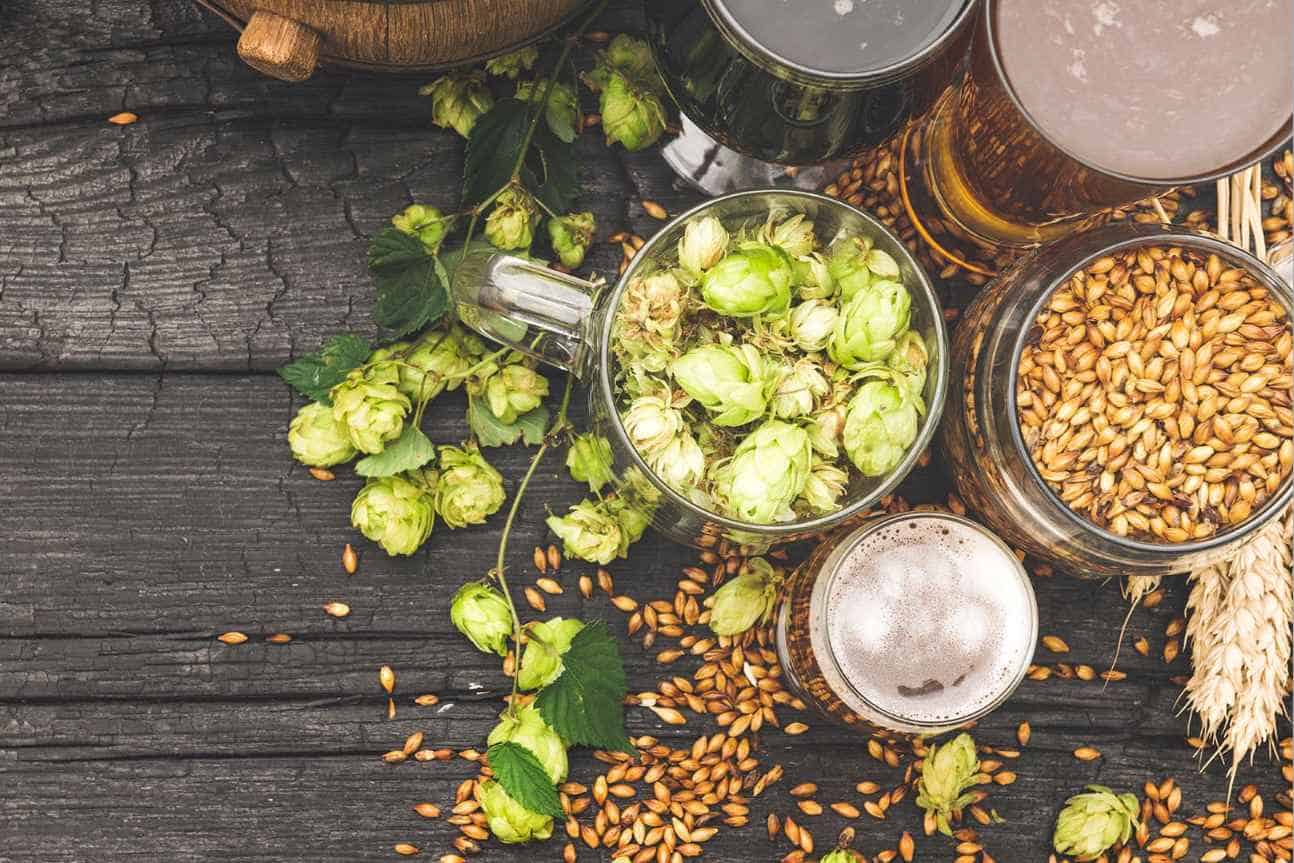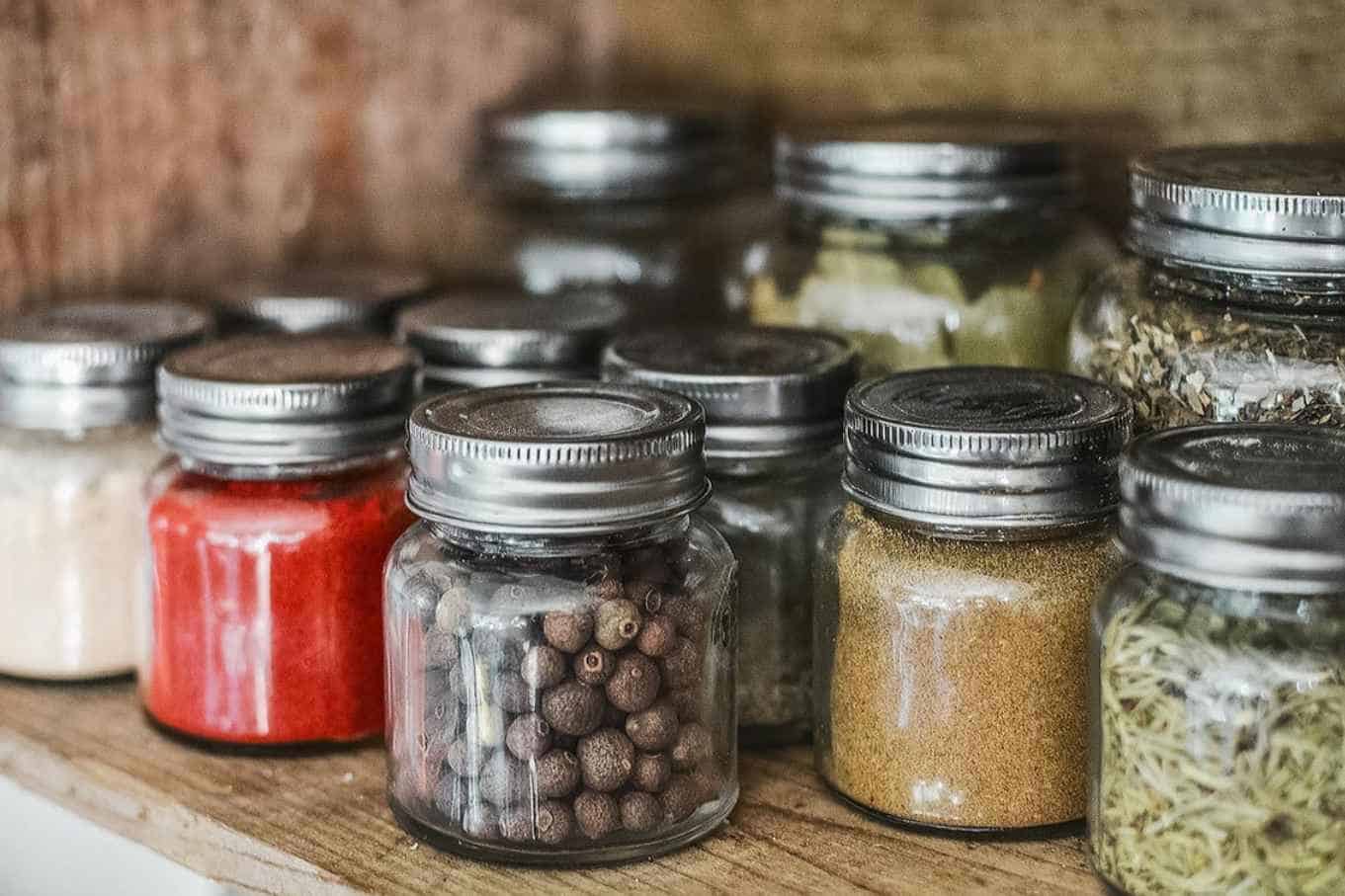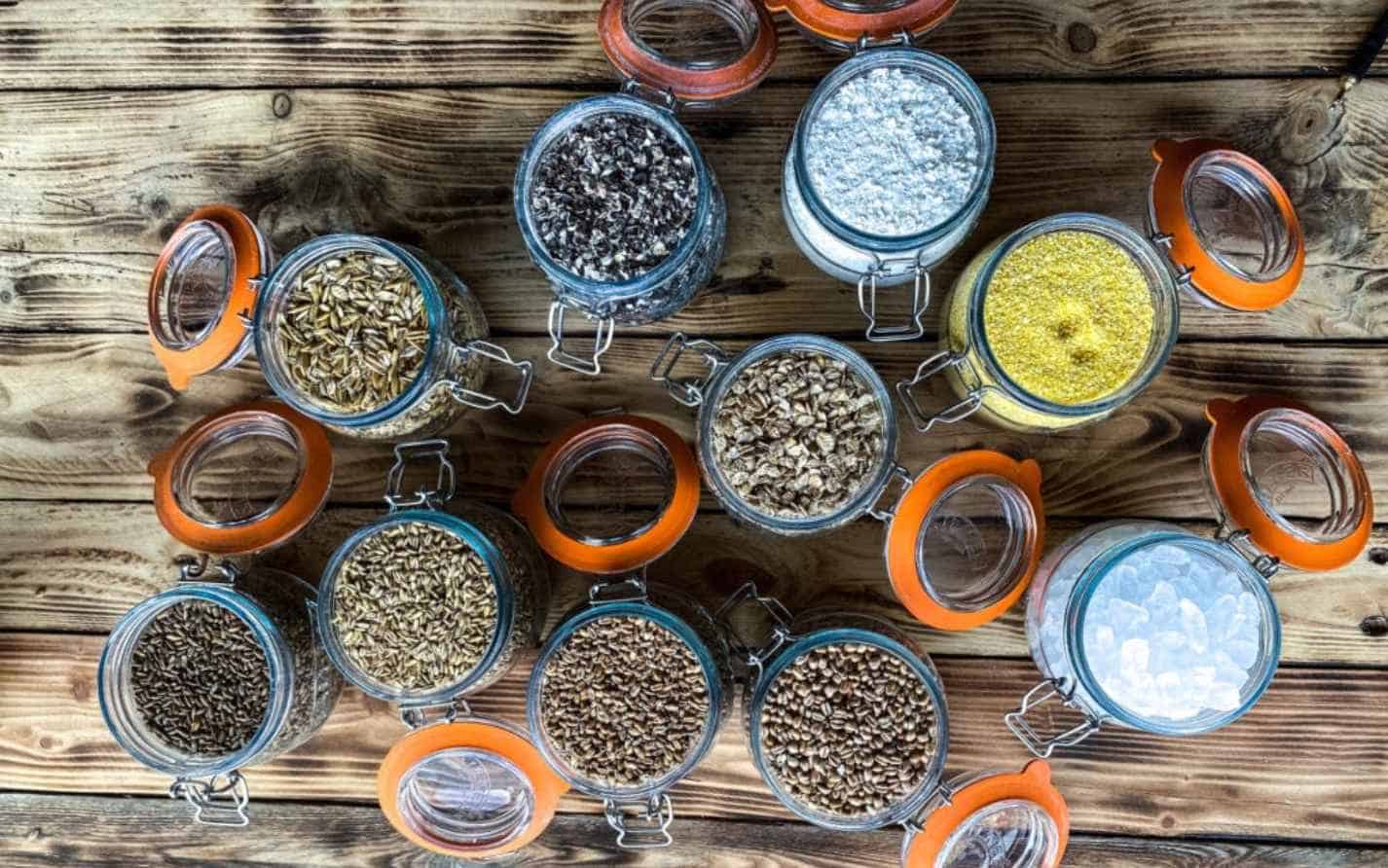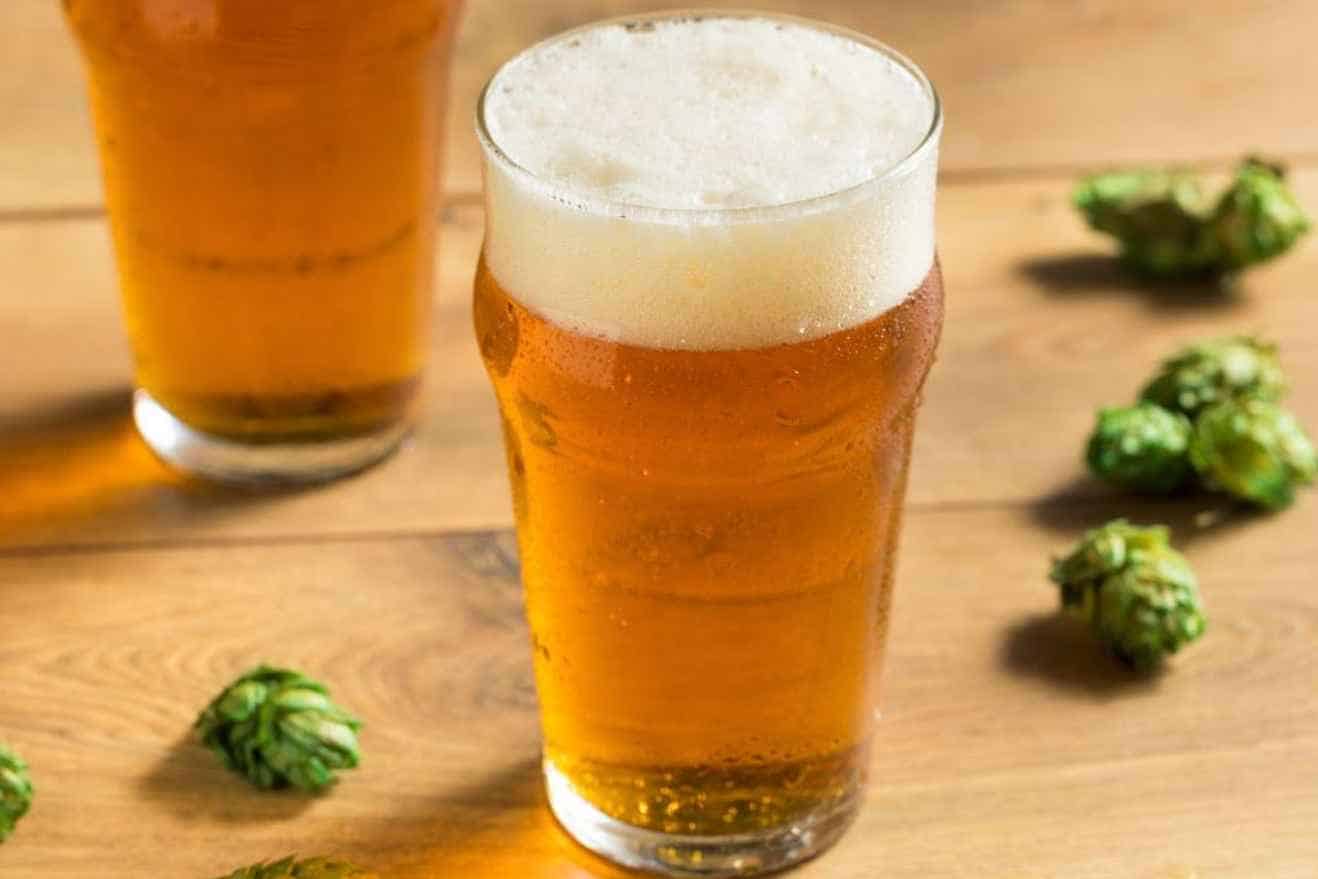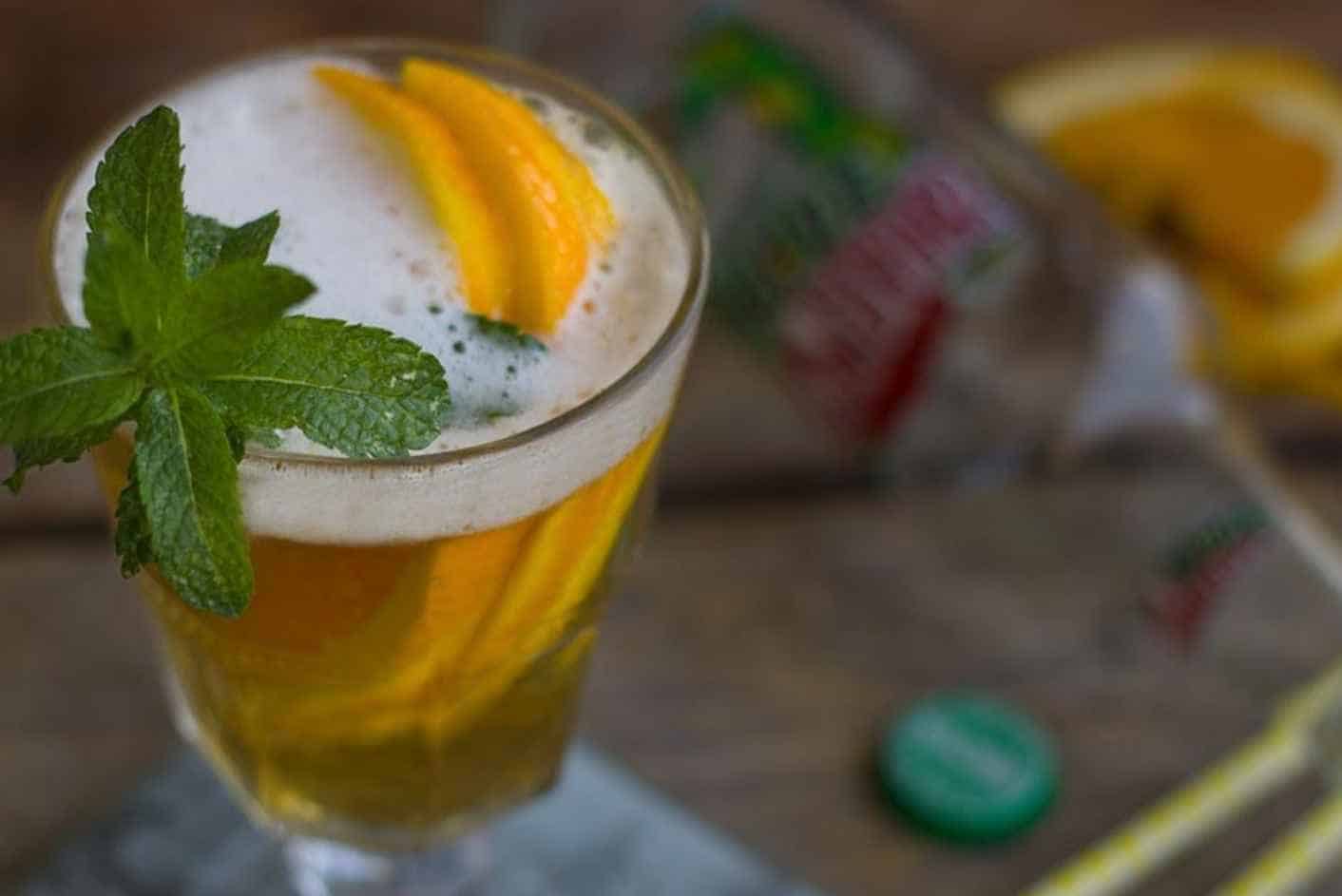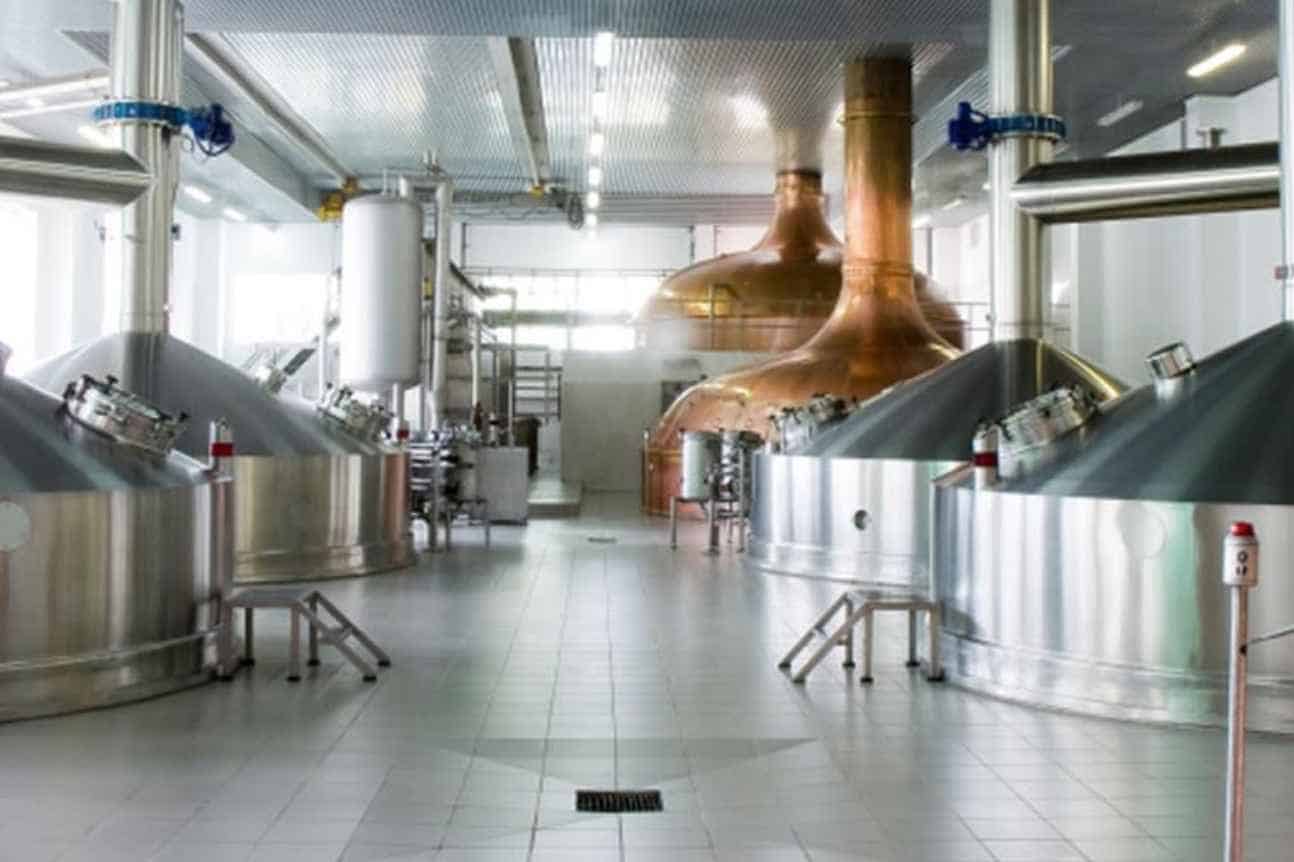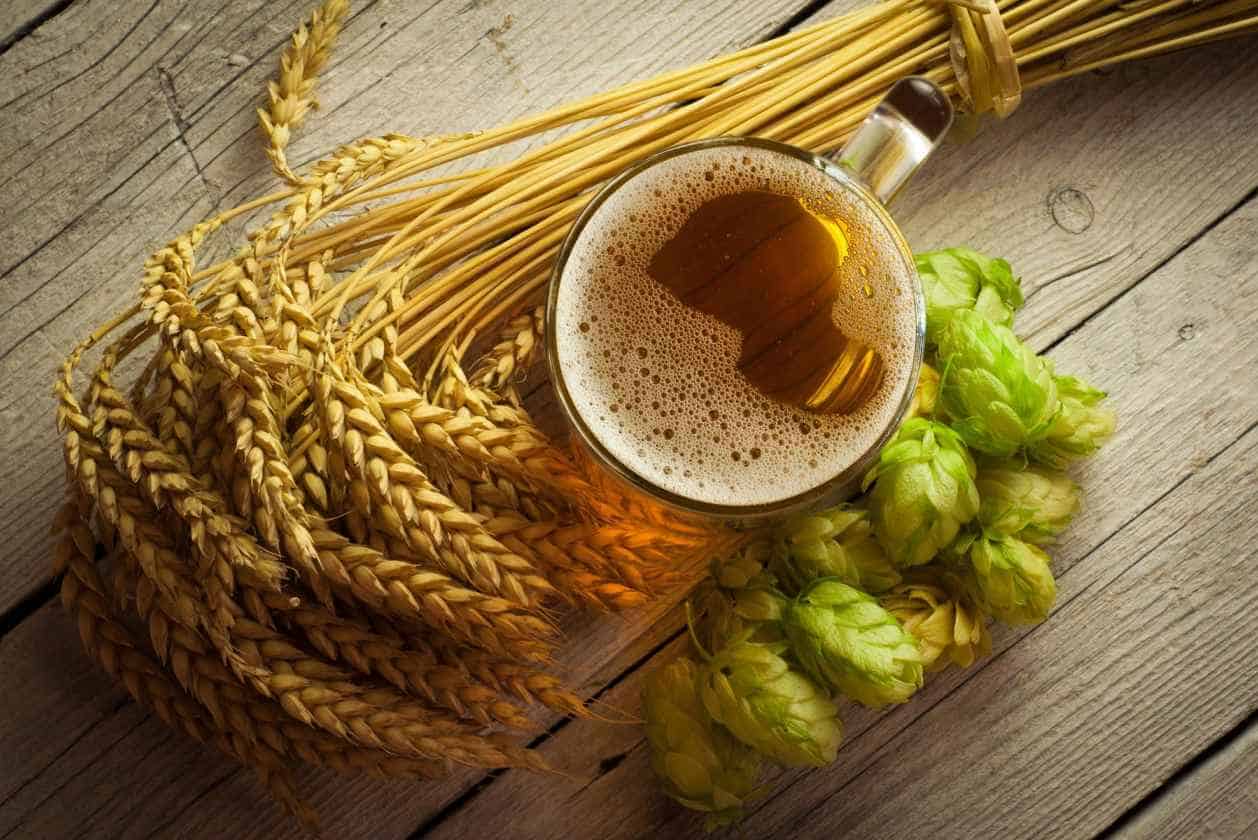“Isn’t all beer supposed to taste the same because they share the same four basic ingredients?” Many beer lovers will agree with us on this question and would want some answers.
It is complicated to dive into the beer world. Many beer flavors and styles are available for people to choose from. In fact, many unconventional beer flavors are being made as the market becomes more competitive.
But, the focus of this curiosity blog is not the flavors themselves but instead the causes of it. Here, we will talk about what are adjuncts in beer making and how it causes significant changes in beer. Let us start!
What are adjuncts in beer making?
Merriam-Webster defined adjunct as something that is added to another thing but is not actually part of it. Based on this definition, adjuncts are the different substances added to beer that are not essentially an ingredient. So what are these essential ingredients?
Beers only have four essential ingredients: grains (malted barley), yeast, hops, and water. It is important to know these because it will help you identify what the adjuncts in the beer are.
Beer adjuncts are also described as unmalted grains used as an additive to the mashed ingredients. This means that the unmalted barley used by some breweries is also considered a beer adjunct.
Again, other substances or unmalted grains added during the process of making beer will be regarded as an adjunct. Here are three concrete examples of beer that have adjuncts for you to understand it better.
Malt liquor
Malt liquor is a mass-market beer made with malted barley and has high alcohol content. This high alcohol level is possible because of corn or corn syrup– the adjuncts in this beer.
Stout beer
Stout beer is a style of beer that is distinguishable because of its dark color and intense flavor. The variations of stout beer are numerous; some include milk stout, oatmeal stout, coffee stout, and oyster stout. The name of these variations explicitly implies what the adjuncts are in each kind.
Wheat beer
Wheat beer is a hazy and citrusy beer. It is made with a substantial amount of wheat, sometimes even proportionate to the amount of malted barley. These beers are harder to brew because of the wheat, but many breweries still need to do this to lessen their cost for the malted barley.
These three examples of beer are proof that adjuncts really exist. We hope it helped you understand beer adjuncts more. Now, here are the types of adjuncts.
Types of adjuncts in beer
There are two major types of adjuncts in beer– liquid and solid. But there are also other adjuncts like fruits, vegetables, and spices. First, let’s talk about the main kinds!
Liquid adjuncts or wort extensions can be categorized into grain syrups and sucrose syrups. Usually, liquid adjuncts are extracted from plants. These kinds can be added to the wort boiling system or after fermentation.
On the other hand, solid adjuncts are commonly added to the malting process since these adjuncts need enzymes to break down. These enzymes are included in other grains in the malt.
Fruits and vegetable adjuncts are the easiest to understand. Typical fruits and vegetables that breweries mix in the beer for the extra or new flavor are also considered adjuncts. There are pumpkin-flavored beers in North America.
Modern breweries prefer to use fruit and vegetable extract since it is more convenient. They don’t need to ferment the actual fruit like cherry and raspberry.
Spices like coriander and nutmeg are also traditional adjuncts. Like the others, these can be added to the wort as flavorings. Breweries can also use spice extracts.
There are unusual adjuncts as well. Some of these are coffee grains, oysters, chocolate, and chili peppers. Beer makers use these to experiment with taste and to develop unique beers.
Watch this informative video about beer adjuncts: https://youtu.be/iXoglZFxmnQ. Also, here is a table for examples of the adjuncts under each type. Note that not all adjuncts are listed.
| Liquid adjuncts | Solid adjuncts | Spices | Unusual adjuncts |
| Honey | Unmalted barley | Anise | Oysters |
| Maple syrup | Cassava | Ginger | Mushroom |
| Caramel syrup | Corn | Clove | Cake-flavors |
| Corn syrup | Sorghum | Hot peppers | Animal brains |
| Belgian candi syrup | Oats | Licorice | Cultivated yeast |
How do adjuncts affect beer?
If breweries used the same four essential ingredients over and over again, also with the exact measurements, the beer would only taste the same. Honestly, where is the fun in that? Beer lovers want options!
Fortunately, breweries have adjuncts to back them up with their beer experiments. Let’s discuss how adjuncts change beer using the two significant effects.
Added nutritional values
People sometimes consider beer as liquor bread. They make this comparison because of the nutritional value that beers can give to the body. Although, they vary for each type or kind of beer. The breweries can also control the number of nutrients in a beer bottle.
Nevertheless, here is the list of essential nutrients all beers have. These are the benchmark since these nutrients come from the primary ingredients.
- Potassium
- Selenium
- Phosphorus
- Magnesium
- Biotin
- Chromium
- B vitamins
These nutrients can still be enhanced if adjuncts are added to the beer. Moreover, other adjuncts improve the value and add additional nutrients. For example, Guinness beer with lots of unmalted barley is considered a beer with the highest fiber level.
Added Flavors and taste
This effect is very self-explanatory. Adjuncts improve and add flavor to the beer. Actually, if there are no adjuncts, beer is just plain beer. Breweries will have the same recipes; hence there’ll be no variety of choices for the mass market.
Check out this list for examples of adjuncts and their corresponding taste or flavor.
- Lactose- extra sweetness
- Coffee grounds- roasted flavors
- Chili pepper- sweet and hot balance
- Ginger- less sweet but strong flavor
- Nutmeg- spice
- Brewer’s yeast- distinct sour taste
- Cherries and raspberry- fruity and sour flavors
- Flaked oats- silky mouthfeel
- Rye- spice
How do adjuncts help the brewery?
The drastic effects of beer don’t end with just the beer itself. These supplementary ingredients also help the brewery produce cost-effective and excellent beer. These advantages are a great aid, especially for breweries starting in the business.
Excellent beer production
Adjuncts are great ingredients for breweries. This results in better beers, not just plain using the essential elements. Depending on the formulation and the adjunct use, beer can have enhanced taste, aroma, flavor, alcohol, and foam retention.
With this, breweries will be able to sell top-notch beers. Hence, it will cause high sales and profits. Breweries can also establish their reputation. Let’s be honest here; people love excellent beers!
Cost-effective
Breweries use adjuncts for many reasons. But, one of the essential motives is to cut the costs of basic ingredients.
Unmalted grains like barley and oat are cheaper than malted grains. This is because they have yet to undergo malting and other procedures. So, breweries tend to use unmalted grains as adjuncts to cut their expenses.
Usually, they will mix a proportionate amount of the malted grains. This way, the beer will still have a quality taste. Breweries only need to calculate the right amount of adjuncts to achieve the desired quality.
3 things to remember about adjuncts
Individuals who need to be more knowledgeable about adjuncts misunderstand these ingredients. Here are three things you should remember about adjuncts.
1. Adjuncts are not junk
Adjuncts are not junk and are not added to the beer just because they are available. People sometimes think that adjuncts are just used to manipulate the ingredient. But let us tell you that this claim is not valid.
Breweries carefully pick the best adjuncts to supplement the malt. They also invest money and effort in these ingredients. Adjuncts are not leftovers from other beer production.
2. Adjuncts are not alternative to the essential ingredients of beer
Another misconception about adjuncts is that they are a replacement for the essential ingredients of beer. This is a huge mistake.
Adjuncts, again, are additional ingredients. They are mixed with the original malt but don’t fully replace the grains or hops. These are just for improvement and costing purposes.
Remember, a beer that does not have the four essential ingredients is not a beer at all!
3. Adjuncts don’t downgrade the quality of beer
The last mistake we need to correct about adjuncts is that it lowers the quality of the beer. Sometimes, people are afraid to buy beer because of this misconception.
Here is the thing: adjuncts enhance the beer quality as they should. If an adjunct downgraded the quality, the brewery might need more research about its beer recipe.
If you plan to brew beer, feel free to add some adjuncts. Do some trial-and-error recipes to avoid bad-quality beer.
Final words
Everyone has different tastes in beer. Hence, breweries try their best to experiment with different flavors. But, to do this, they need the help of adjuncts!
We hope this guide helped you understand what are adjuncts in beer making. Also, if you know anyone who is still torn about why beers don’t taste the same even if they have the same primary ingredients, do them a favor and share this guide!

As a homebrewer, Michael would get frustrated about the lack of brewing information on the internet. After hundreds of gallons of spoilt batches, Micheal had enough. And he founded Unknown Brewing as a resource for homebrewers.
